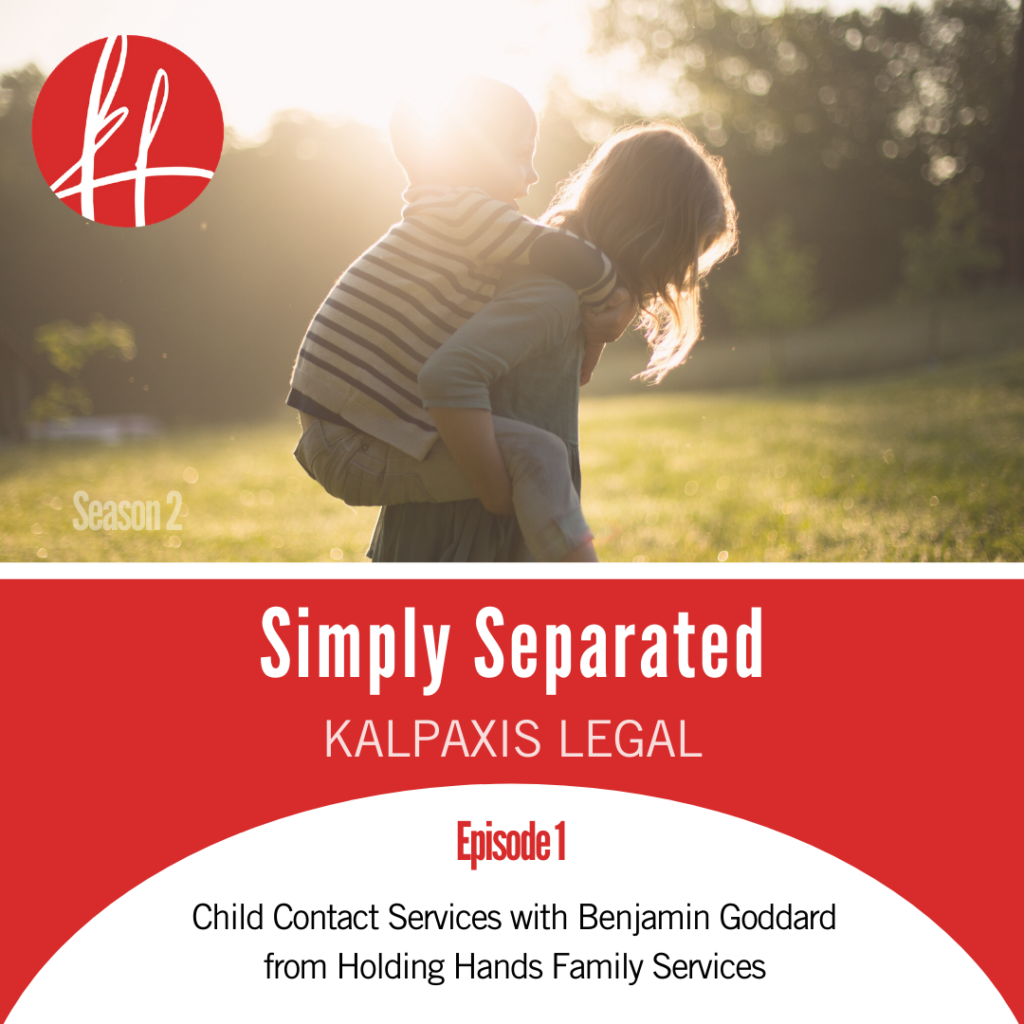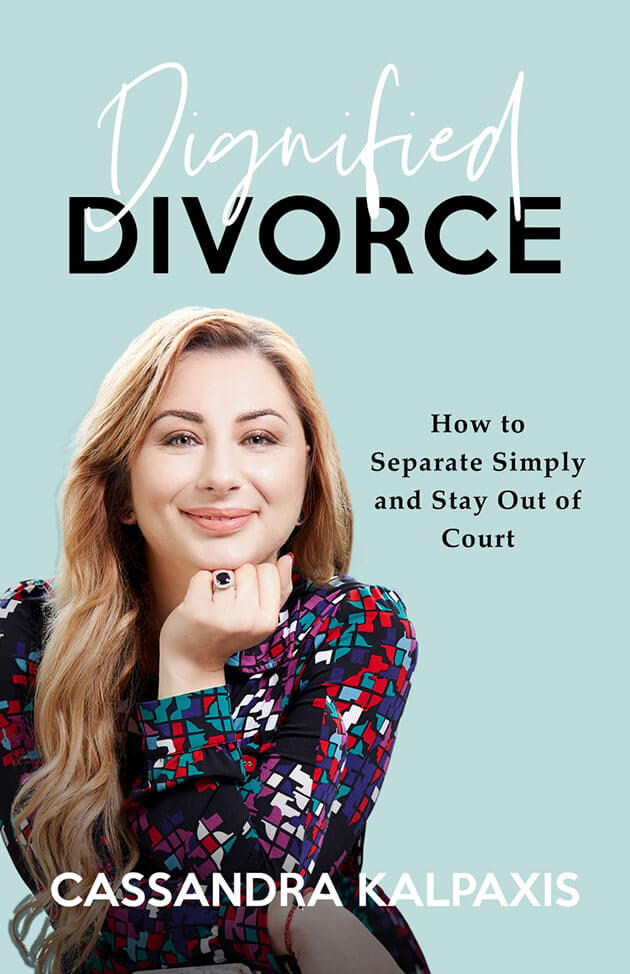[vc_row css_animation=”” row_type=”row” use_row_as_full_screen_section=”no” type=”full_width” angled_section=”no” text_align=”left” background_image_as_pattern=”without_pattern”][vc_column][vc_column_text]
A common misconception about property settlement when you separate from your partner is that everything will just be split 50/50. Instead the reality is that in Australia, there is no clear cut formula for dividing property.
When making a determination, the Court considers a number of factors under the Family Law Act 1975. Some of these factors talk about ‘contributions’, but if the balance of your relationship has been one partner works while the other one has decided to leave the workforce to care for children and take care of the family home, what happens when you separate and they say ‘this is my money, I earned it’?
Importantly, when considering the balance of contributions between the parties, the Court will take into account things that are both financial AND non-financial in nature. There is worth in the investments of time and effort you have made to your family and your home, and they will factor into your share of your property settlement.
Financial Contributions
As it sounds, financial contributions to a marriage are things that you have brought to the union that have some connection to monetary value. This will include the money in your bank accounts, income and superannuation, but also can take into account any property owned, money paid towards loans or mortgages or inheritance given to you.
It may be surprising, but when dividing up property, the Court will assess property that was bought before, during and even after the relationship. So just because your partner may have owned the home you were living in before you were married, doesn’t necessarily mean that they will have full rights to that property. You may have an interest in the division and share of this property in your settlement, depending on how everything balances out in your particular circumstances.
Non-Financial Contributions
Just because your contribution to the relationship may not have had a price tag on it, does not mean it is worthless in your property settlement. Traditionally many women find themselves in the position of homemaker, to support their spouse in pursuing an income to support the household. As a recognition of the balance of duties in a relationship, the Courts have recognised a non-financial ‘homemaker’ contribution in property settlements.
These contributions may be related directly to the property, like maintenance of the home, renovations that have increased the property value or time and work invested in helping your partner set up their business. However this also includes indirect contributions to your lives together, such as time spent caring for your children, cooking for the family, even cleaning the house. Actions that you have taken to take care of your partner and your family, so that they can earn money have made an indirect non-financial contribution.
In many cases, contributions of an indirect non-financial nature are considered equal to that of a direct financial contribution made by the party who is the wage earner.
Settlement Out of Court
We understand that it is difficult to part with property that you have shared with a partner in your marriage for a period of time, and that instinctively you may feel the need to battle over your shares. However, for the sake of everyone in the long run, it is worthwhile considering alternative forms of dispute resolution to deal with your matter, and not necessarily go straight to Court. At Kalpaxis Legal, we encourage you to look at options like mediation or collaborative practice, to move forward with your ex in creating a solution that is fair for both sides and will ultimately save you money, time and stress. To facilitate this, we work with our Collaborative Family Network to support you in reaching an agreement that can fairly divide your property. Working in this way, helps to minimise costs which means less of an impact on the very property you are trying to divide.
If you would like to discuss your property settlement, and how you think your contributions might affect it, please contact us here or give us a call on (02) 8631 8593.[/vc_column_text][vc_empty_space][/vc_column][/vc_row][vc_row css_animation=”” row_type=”row” use_row_as_full_screen_section=”no” type=”full_width” angled_section=”no” text_align=”left” background_image_as_pattern=”without_pattern”][vc_column width=”1/2″][qode_elements_holder number_of_columns=”one_column”][qode_elements_holder_item advanced_animations=”no”][/qode_elements_holder_item][qode_elements_holder_item advanced_animations=”no”][vc_column_text]
By Cassandra Kalpaxis
Director and Principal Collaborative Family Lawyer at Kalpaxis Legal
[/vc_column_text][/qode_elements_holder_item][/qode_elements_holder][/vc_column][vc_column width=”1/2″][/vc_column][/vc_row]








